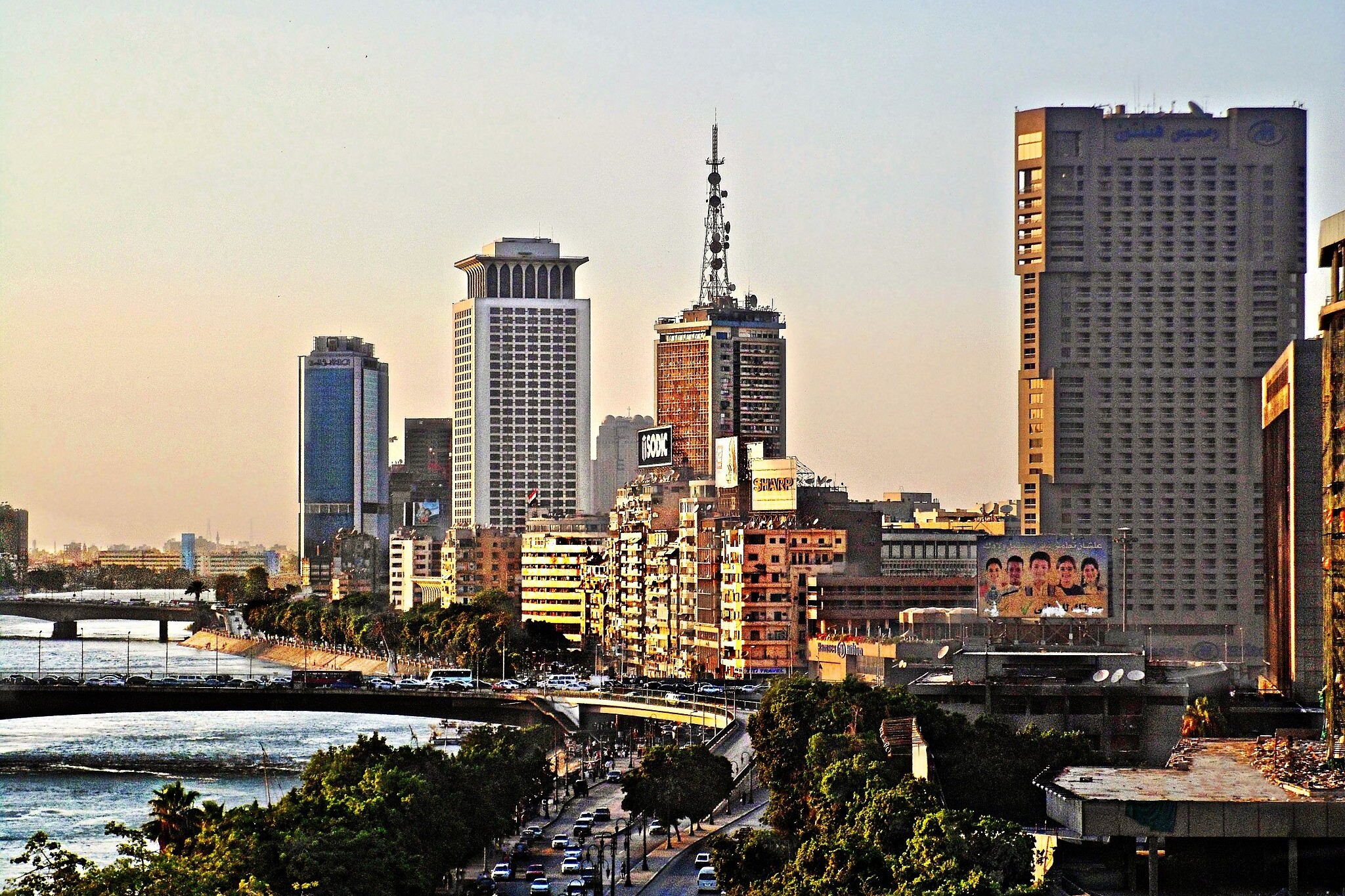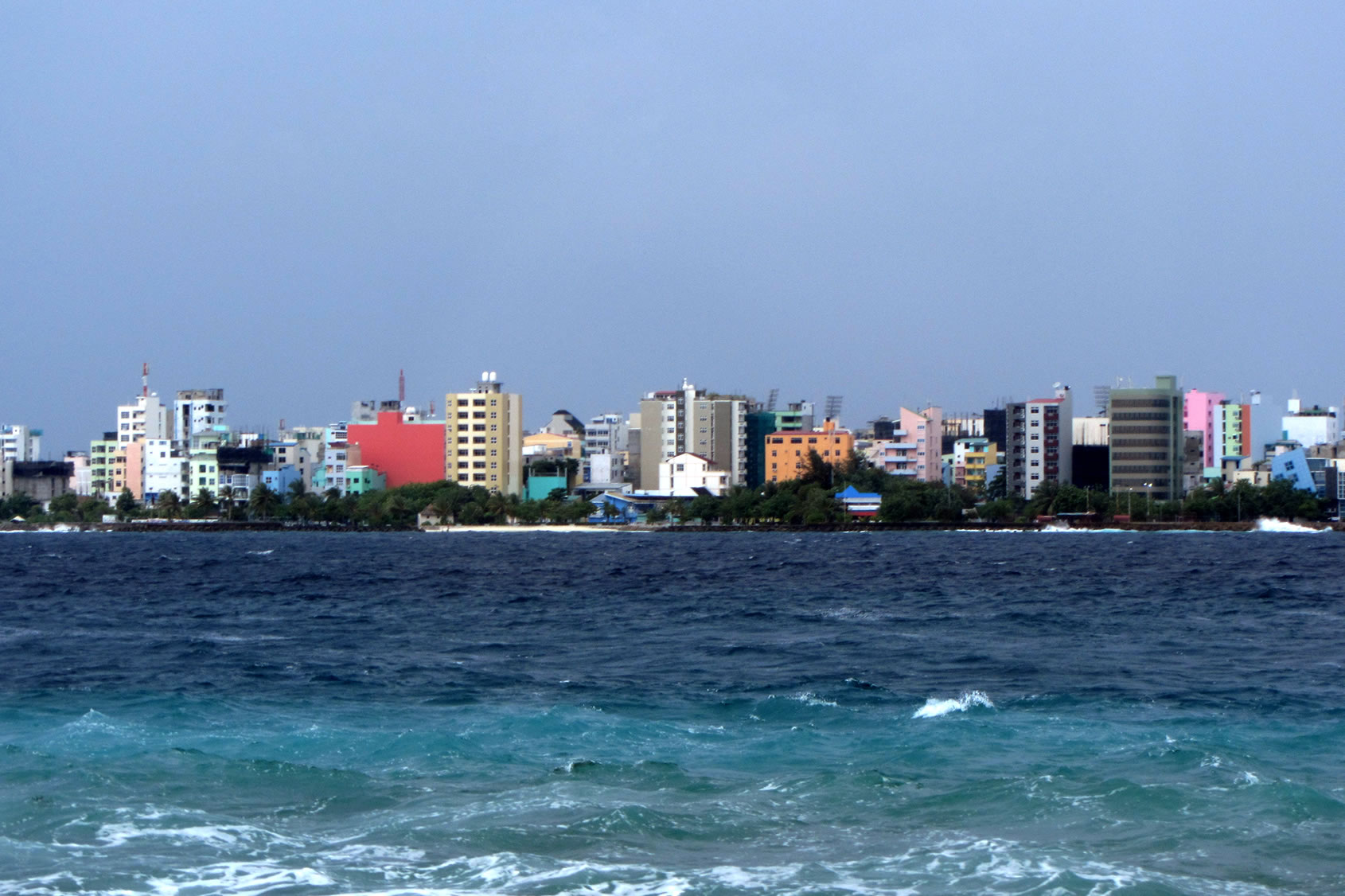Media groups in Kenya have branded changes made last week to the country’s Information and Communications Bill “draconian”. The amendment calls for the creation of a new media regulator to set standards for broadcasters and individual journalists, with the power to impose heavy fines.
The media fraternity fears that the loose drafting of the bill allows the government to control and regulate broadcast content and, therefore the ability to unilaterally switch off TV and radio stations. The new regulator would deal with complaints against media outlets and journalists, imposing fines of up to 20m shillings (over US$234,000) and 1m shillings ($11,700 ) respectively.
The government has now formed a “contact group” of with representatives from groups including Kenya’s Media Owners Association and the Kenya Union of Journalists. Deputy President William Ruto said the government and all media stakeholders will meet today to discuss any concerns surrounding the media bill, it is not confirmed whether this is the same contact group and to what degree their views will be taken into account.
≡≡≡≡≡
Meanwhile, in Sierra Leone a Freedom of Information Bill has been passed, a move which has been commended by the Federation of African Journalists (FAJ) and the International Federation of Journalists (IFJ). The groups called on the government of President Ernest Bai Koroma to assent to the Bill without any further delay.
Certain information relating to state security would remain classified. Information and Communication Minister Alpha Kanu is quoted as saying that requests for information should be made in English or the native Krio language from government and public officials.
“We congratulate the Sierra Leone MPs, civil society organisations and the Sierra Leone Association of Journalists who after several years of hard work have finally succeeded to push the bill for adoption,” said Mohamed Garba, President of the FAJ.
IFJ and FAJ reiterated their stance on the need to pass freedom of information laws in the continent’s parliaments. Sierra Leone joins around a dozen African countries that have enacted freedom of information laws. However as with FoI measures around the world, they vary widely in effectiveness, speed of implementation and restrictions.
Related Posts
15th February 2017
Thai media organisations rally to oppose information bill
Media groups in Thailand protest…
17th November 2016
Controversial defamation penalties revealed in the Maldives
Freedom of expression and media…


